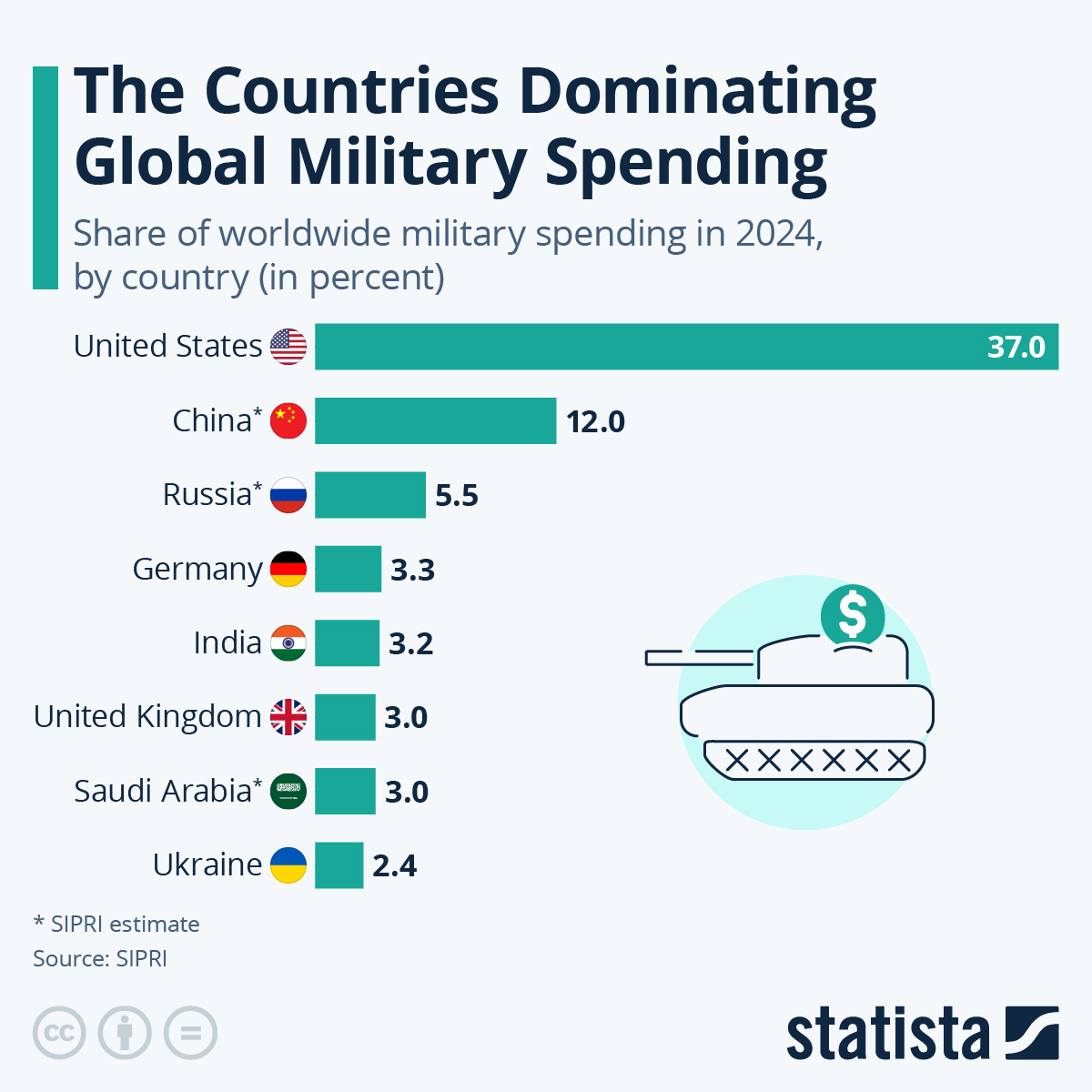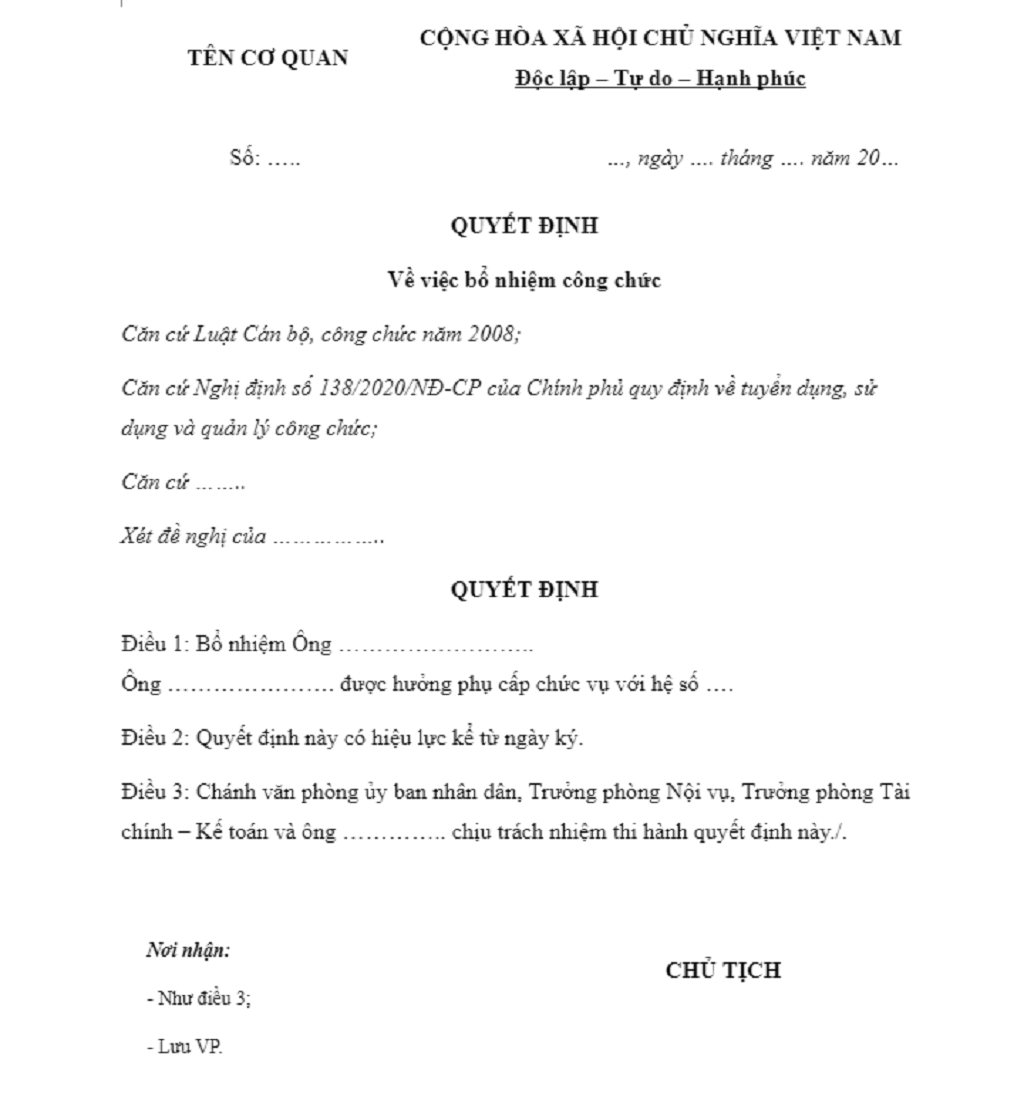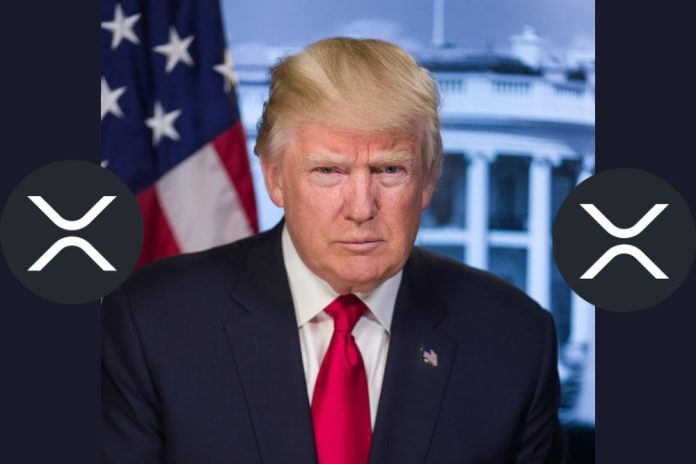The Global Rise In Military Spending: Analyzing Europe's Security Concerns

Table of Contents
Europe's military expenditure has surged in recent years, reflecting a complex interplay of geopolitical shifts and escalating security anxieties. This unprecedented increase necessitates a thorough examination of The Global Rise in Military Spending: Analyzing Europe's Security Concerns. This article will explore the key drivers behind this surge, focusing on the impact of the war in Ukraine, the evolving nature of security threats, and the implications for European defense strategies and cooperation.
<h2>The War in Ukraine as a Catalyst for Increased Military Spending</h2>
The 2022 Russian invasion of Ukraine served as a stark wake-up call for Europe, dramatically altering its security landscape and triggering a significant increase in military spending.
<h3>Increased Defense Budgets Across Europe</h3>
- Poland: Increased defense spending by over 25% since 2022, focusing on modernizing its armed forces and strengthening its eastern border defenses.
- Germany: Announced a substantial increase in its defense budget, committing to exceeding the NATO target of 2% of GDP on defense spending, a significant shift in its post-Cold War defense policy.
- United Kingdom: Maintained a relatively high level of defense spending, allocating resources towards bolstering its naval capabilities and strengthening its cyber defenses.
- Finland and Sweden: Both countries, following their applications to join NATO, significantly increased their defense budgets, reflecting a renewed focus on national security amidst growing geopolitical uncertainty.
These increases are driven by a range of factors, including a perceived threat from Russia, commitments to NATO collective defense, and a need to modernize aging military equipment. Many European nations are investing in new fighter jets, advanced missile defense systems, and enhancing their cyber capabilities.
<h3>Shifting Geopolitical Landscape and its Impact on European Security</h3>
The war in Ukraine has fundamentally reshaped the perception of threats in Europe. Russia's aggression has highlighted the vulnerability of European nations and the potential for further conflict. This has led to:
- A reassessment of European defense strategies, with a greater emphasis on deterrence and collective security.
- Strengthened alliances, particularly within NATO, leading to increased military cooperation and joint exercises.
- A renewed focus on energy security, as reliance on Russian energy has been exposed as a significant vulnerability. This dependence directly impacts national security and subsequently influences defense spending strategies.
<h2>The Evolving Nature of Security Threats Facing Europe</h2>
Beyond traditional military threats, Europe faces a complex web of evolving security challenges demanding substantial investment.
<h3>Hybrid Warfare and Information Operations</h3>
Hybrid warfare, encompassing a blend of military and non-military actions, is increasingly prevalent. This includes:
- Disinformation campaigns designed to destabilize societies and erode public trust.
- Cyberattacks targeting critical infrastructure and government agencies.
- Economic coercion and political interference.
European nations are adapting their military spending to counter these threats, investing in improved intelligence gathering, strengthening cybersecurity infrastructure, and developing strategies to combat disinformation.
<h3>Cybersecurity and its Growing Importance</h3>
Cybersecurity has emerged as a critical component of national security. The increased frequency and sophistication of cyberattacks targeting critical infrastructure (power grids, financial institutions) underscore the need for robust defensive measures and proactive strategies. Military spending is being increasingly allocated to:
- Enhance cybersecurity defenses within government agencies and critical infrastructure.
- Develop offensive cyber capabilities to deter and respond to attacks.
- Invest in training and expertise in cybersecurity.
<h3>Terrorism and Extremism</h3>
The threat of terrorism and extremism remains a persistent concern for Europe. Counterterrorism measures, including intelligence gathering, enhanced border security, and specialized counterterrorism units, significantly influence military spending. Increased collaboration between intelligence agencies and law enforcement is essential in combating these threats.
<h2>Implications for European Defense Strategies and Cooperation</h2>
The increased military spending has significant implications for European defense strategies and cooperation.
<h3>Enhanced NATO Cooperation and Burden Sharing</h3>
The war in Ukraine has spurred greater cooperation among NATO members. However, discussions around burden-sharing – ensuring that all allies contribute their fair share to collective defense – remain crucial. Increased military cooperation includes:
- Joint military exercises and training programs.
- Increased intelligence sharing and collaboration.
- Strengthened defense industrial cooperation.
<h3>European Union Defense Initiatives</h3>
The European Union is also actively working to strengthen its defense capabilities through initiatives such as the European Defence Fund. This fund aims to promote collaborative defense projects and foster greater technological cooperation among member states. However, challenges remain in achieving deeper defense integration within the EU.
<h2>Conclusion: Understanding the Global Rise in Military Spending and Europe's Response</h2>
The global rise in military spending, particularly within Europe, is a direct consequence of the evolving geopolitical landscape and the increasing complexity of security threats. The war in Ukraine has acted as a catalyst, prompting significant increases in defense budgets and a renewed focus on strengthening collective security. Understanding the multifaceted nature of these threats – from traditional military conflicts to hybrid warfare and cyberattacks – is critical. The implications for European defense strategies include enhanced NATO cooperation, increased burden-sharing, and ongoing efforts towards EU defense integration. Stay informed about the ongoing developments in global military spending and Europe's security landscape. Understanding the intricacies of The Global Rise in Military Spending: Analyzing Europe's Security Concerns is crucial for informed civic engagement.

Featured Posts
-
 Targets Dei Policy Change And Subsequent Sales Decline A Comprehensive Overview
May 01, 2025
Targets Dei Policy Change And Subsequent Sales Decline A Comprehensive Overview
May 01, 2025 -
 Nikki Burdines Next Chapter New Projects With Former Co Host Neil Orne
May 01, 2025
Nikki Burdines Next Chapter New Projects With Former Co Host Neil Orne
May 01, 2025 -
 Pomoz Zwierzetom Bezdomnym 4 Kwietnia Dzien Solidarnosci
May 01, 2025
Pomoz Zwierzetom Bezdomnym 4 Kwietnia Dzien Solidarnosci
May 01, 2025 -
 Tien Linh Tai Binh Duong Nhiem Vu Va Hoat Dong Cua Dai Su Tinh Nguyen
May 01, 2025
Tien Linh Tai Binh Duong Nhiem Vu Va Hoat Dong Cua Dai Su Tinh Nguyen
May 01, 2025 -
 Us Presidents Article On Trump And Ripple Sends Xrp Price Skyrocketing
May 01, 2025
Us Presidents Article On Trump And Ripple Sends Xrp Price Skyrocketing
May 01, 2025
Latest Posts
-
 Feltri Un Analisi Critica Del Venerdi Santo
May 01, 2025
Feltri Un Analisi Critica Del Venerdi Santo
May 01, 2025 -
 La Croce E Il Venerdi Santo Il Pensiero Di Feltri
May 01, 2025
La Croce E Il Venerdi Santo Il Pensiero Di Feltri
May 01, 2025 -
 Analisi Del Venerdi Santo Secondo Feltri
May 01, 2025
Analisi Del Venerdi Santo Secondo Feltri
May 01, 2025 -
 Feltri E Il Simbolismo Del Venerdi Santo
May 01, 2025
Feltri E Il Simbolismo Del Venerdi Santo
May 01, 2025 -
 Louisvilles 2025 Weather Disaster Snow Tornadoes And Devastating Floods
May 01, 2025
Louisvilles 2025 Weather Disaster Snow Tornadoes And Devastating Floods
May 01, 2025
